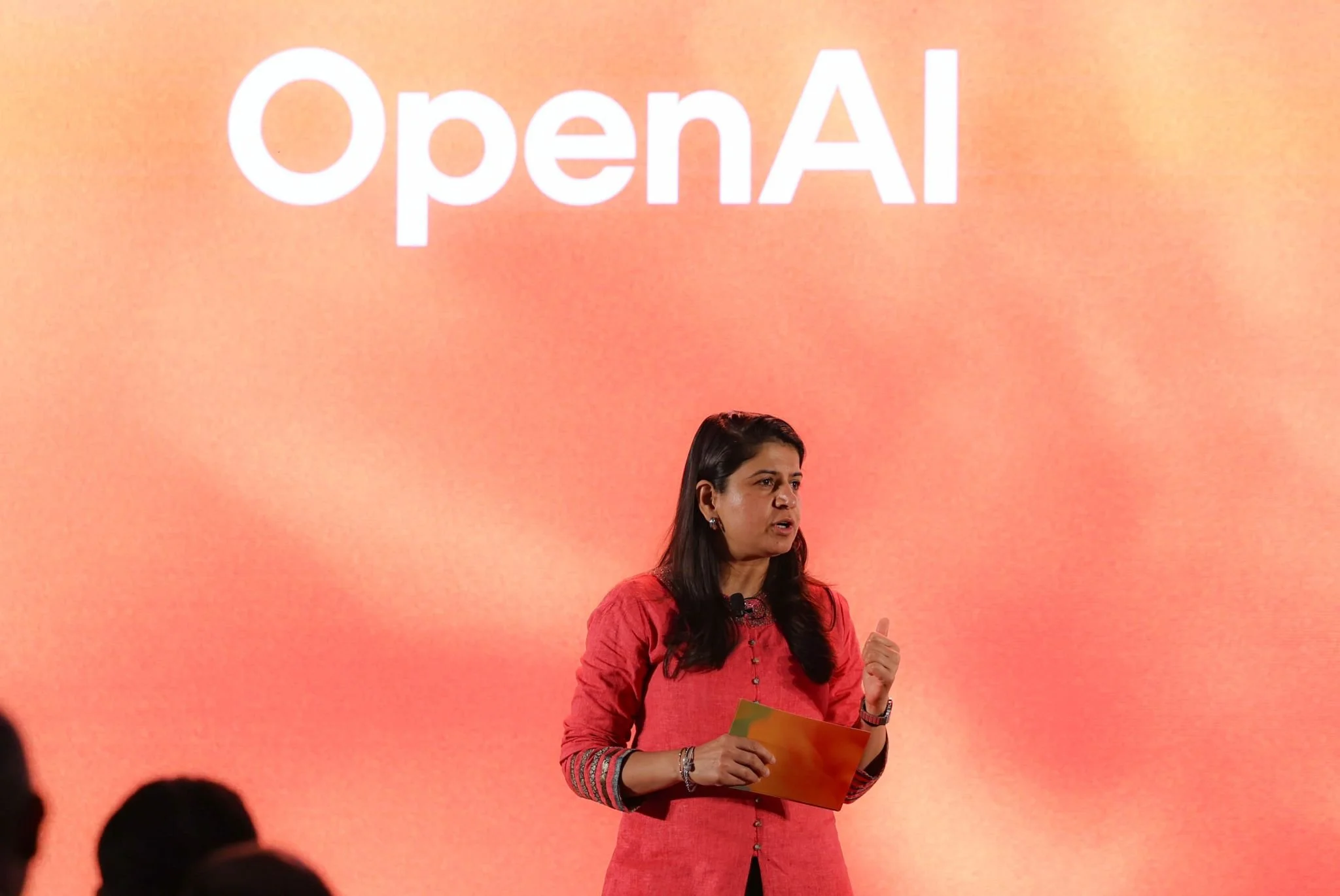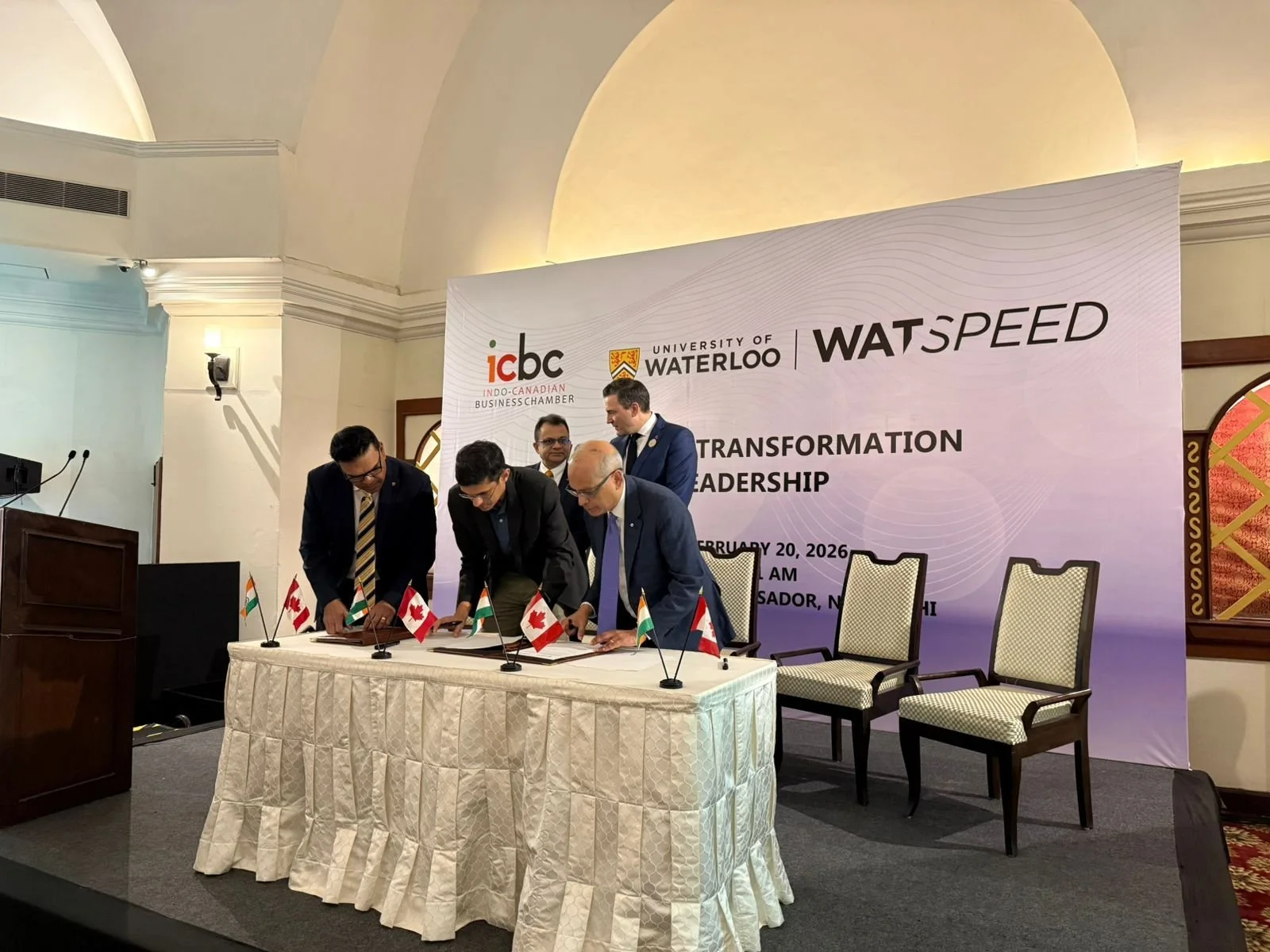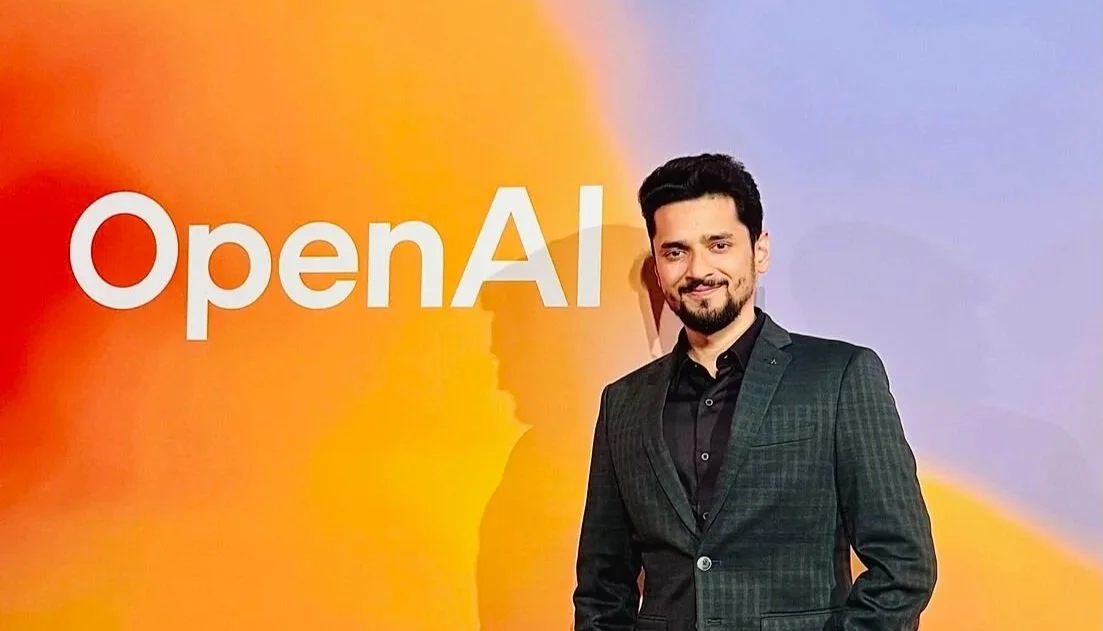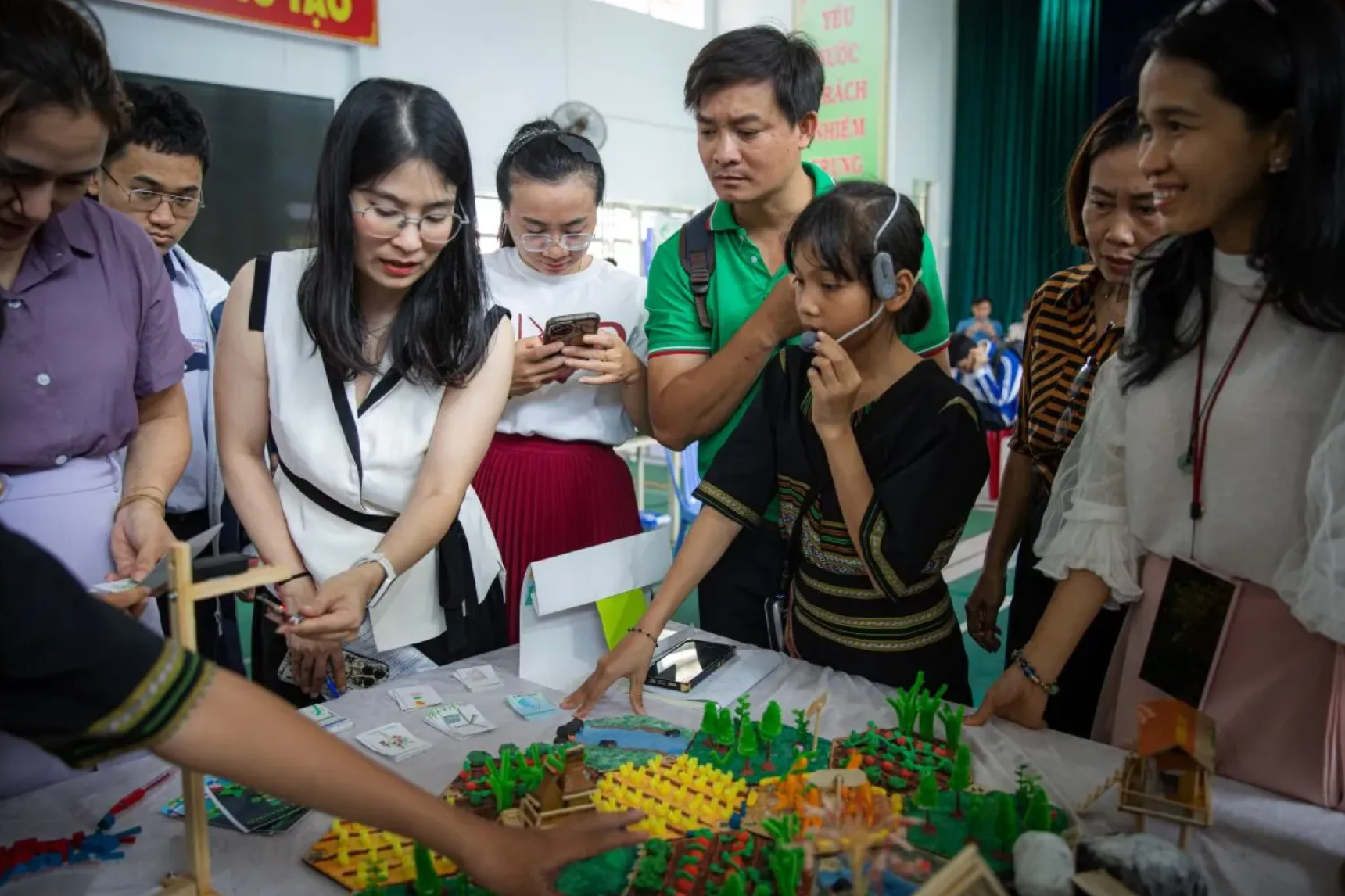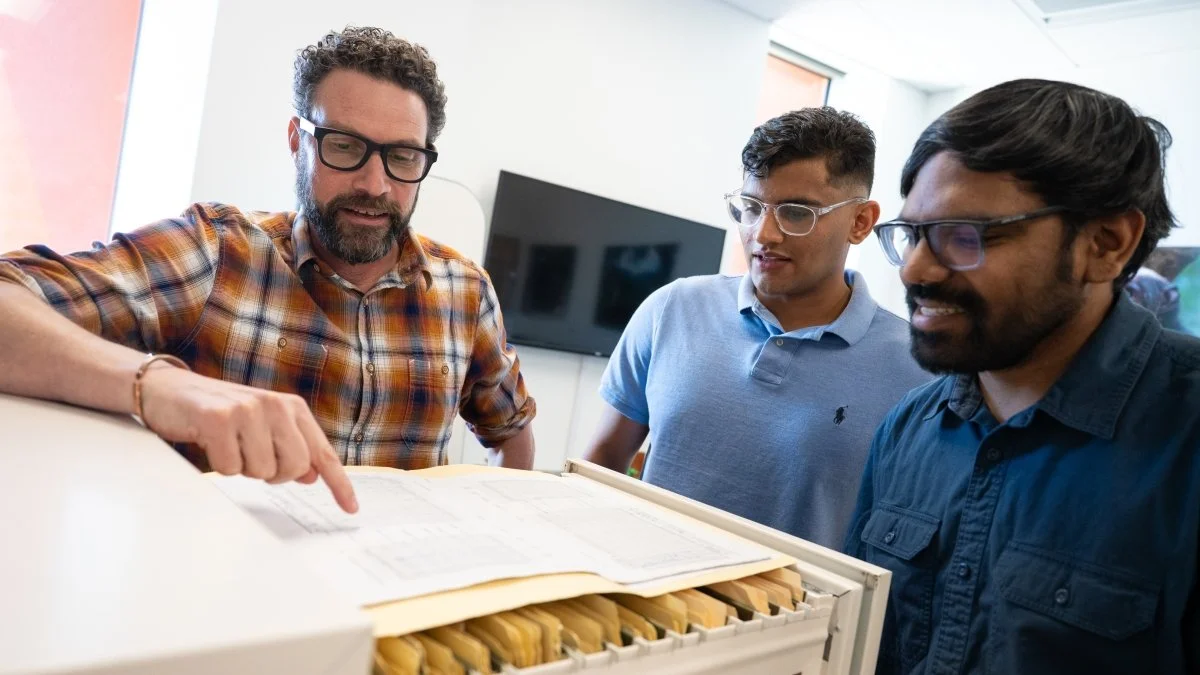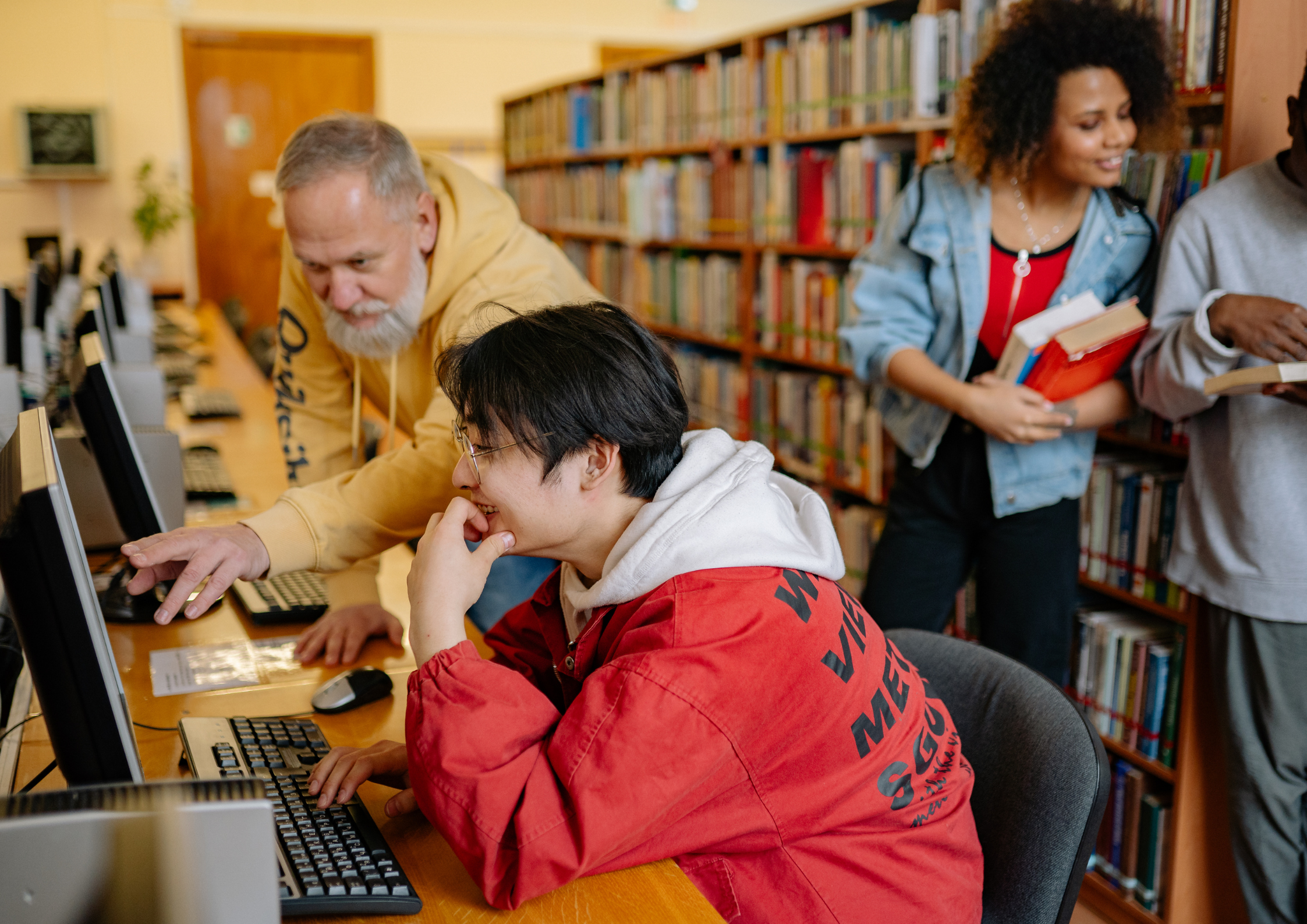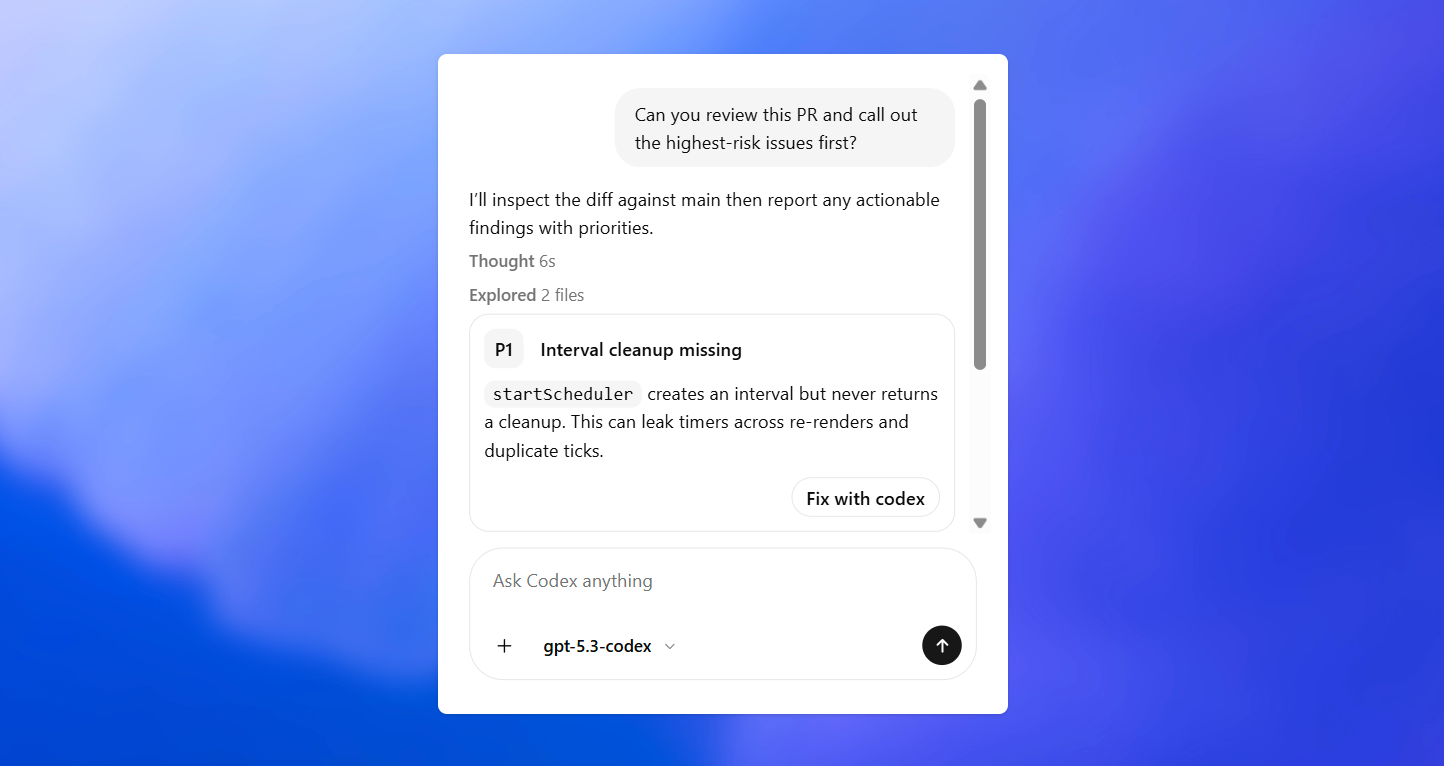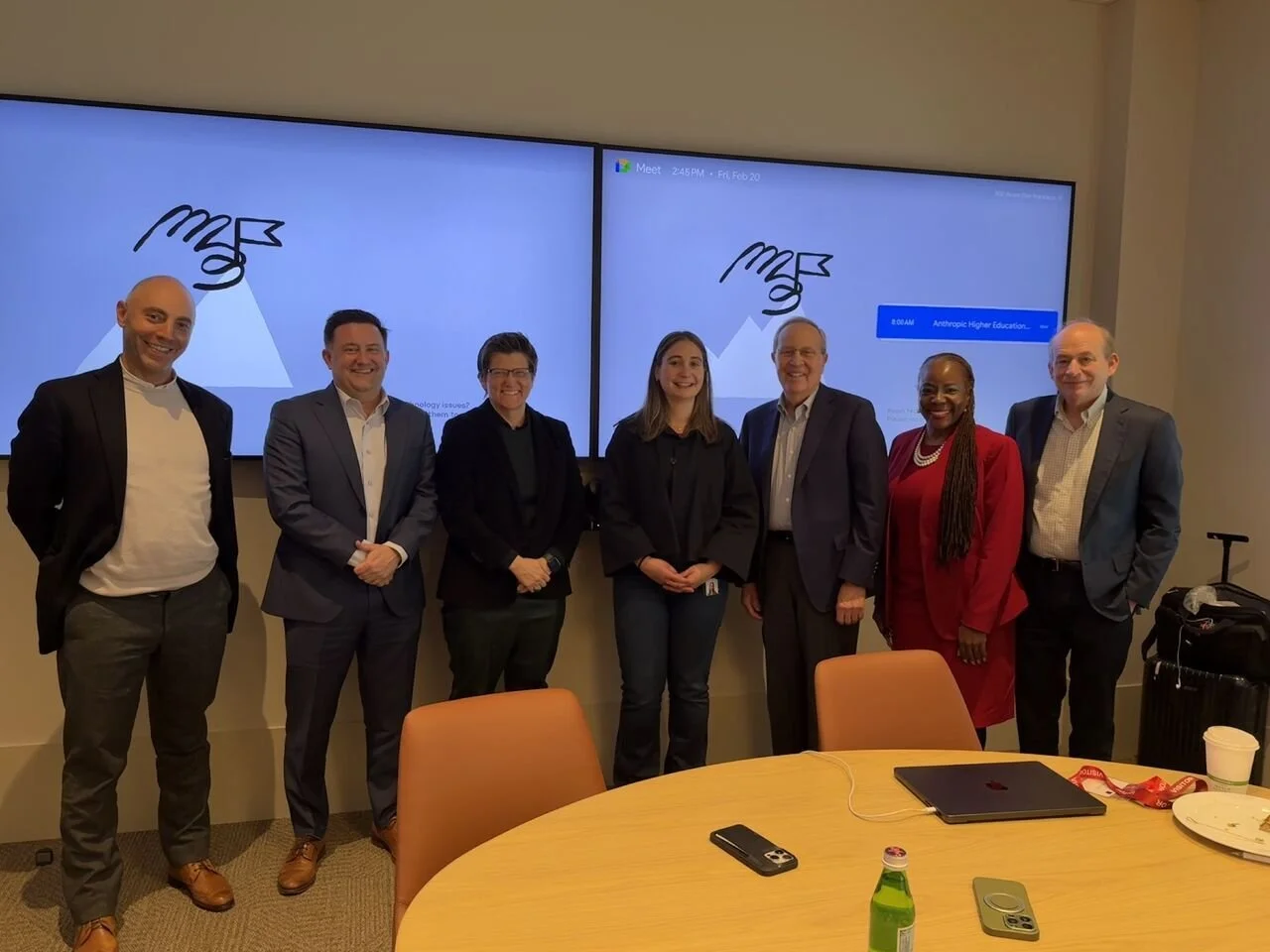IonQ signs Memorandum of Understanding with KISTI, accelerating South Korea’s role in the global quantum race
Quantum computing and networking company IonQ has signed a deal with the Korea Institute of Science and Technology Information (KISTI) aiming to accelerate the development of quantum science and industry.

Under the new deal, IonQ and KISTI will collaborate on four key areas: education, advanced infrastructure access, talent and knowledge.
The two organizations will work together, aiming to introduce quantum systems into KISTI, integrating these systems with its high-performance computing infrastructure.
IonQ and KISTI also plan to collaborate on joint initiatives for talent upskilling, including internships and training programs to strengthen the quantum computing research community in South Korea.
“South Korea has been a vital partner in the advancement of quantum computing, and we’re proud to deepen our collaboration with KISTI as we expand our footprint in South Korea,” says Niccolo de Masi, CEO at IonQ.
“This memorandum reflects a strategic alignment between public sector science policy leadership and private sector innovators to unlock real-world quantum applications, foster local talent, and position the region as a global force in the quantum economy.”
"Despite the infinite potential of quantum computing and the growing global interest, Korean companies and researchers still face a significant lack of infrastructure for actual research,” adds Dr. Sik Lee, President at KISTI. “As a leading institution in supercomputing, KISTI has long supported Korean researchers with world-class supercomputing services.
“Now, we plan to pioneer a new frontier by offering hybrid services that leverage quantum computing, further supporting Korea’s industry and research community."
The memorandum between IonQ and KISTI is an expansion of the company’s longstanding relationship with South Korea’s government and its academic and industry sectors.
Last year, IonQ and the University of Maryland announced a $9 million partnership, expanding quantum computing access and drive innovation at the National Quantum Lab at Maryland.



